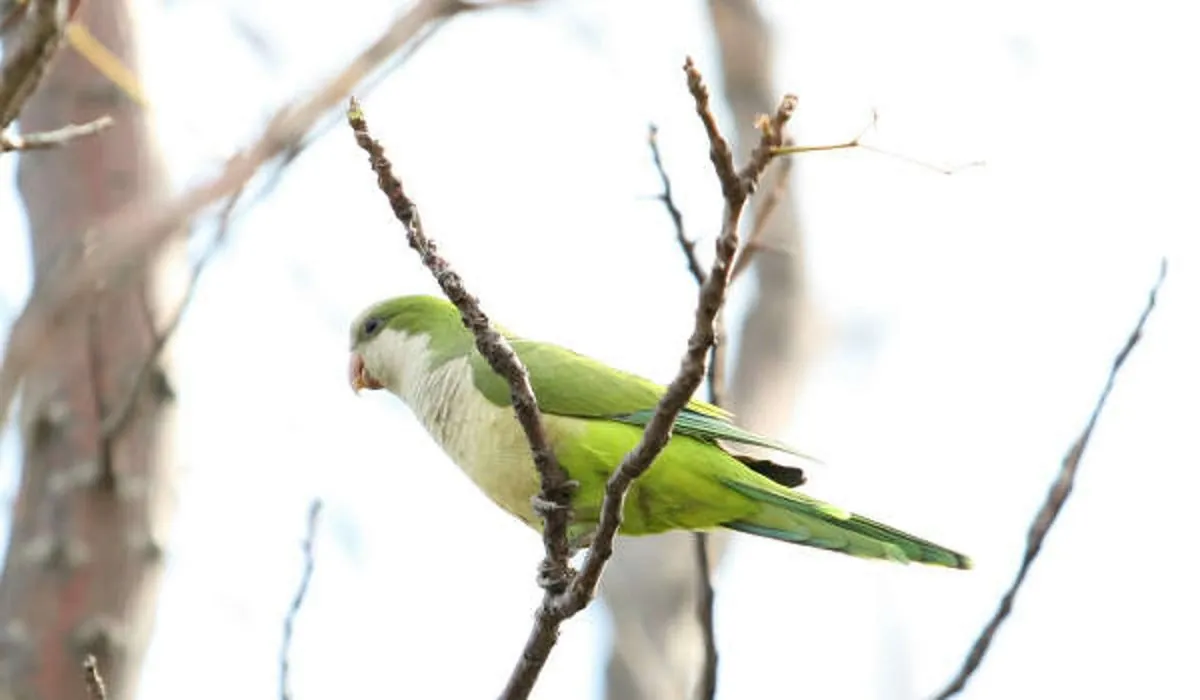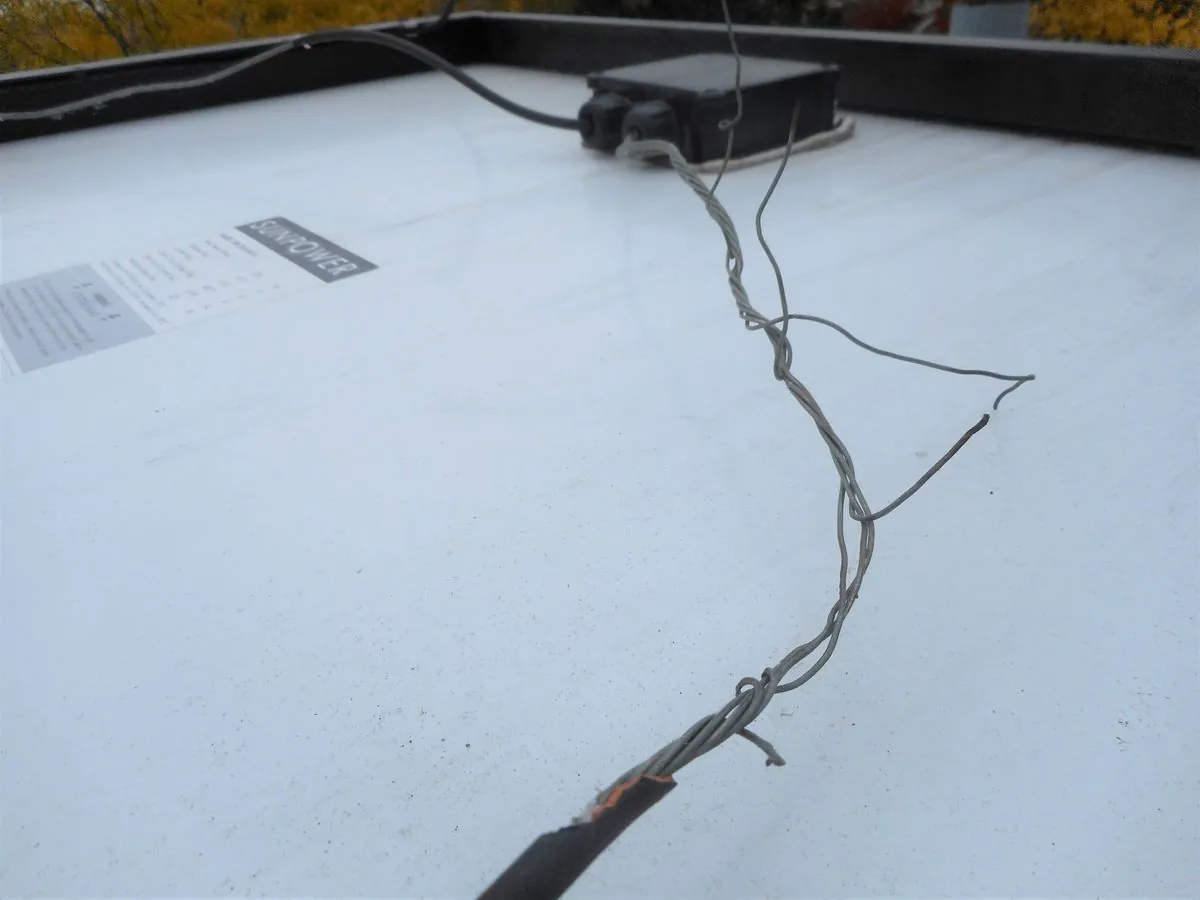Argentine Town Grapples with Massive Parrot Invasion Amid Deforestation
Hilario Ascasubi, Argentina, faces an influx of thousands of parrots, causing power outages and noise pollution. Deforestation drives birds to seek urban refuge, challenging residents and highlighting environmental concerns.

In the small Argentine town of Hilario Ascasubi, residents are grappling with an unexpected avian invasion. Thousands of green-yellow-red parrots, likely Burrowing Parrots (Cyanoliseus patagonus), have descended upon this coastal settlement, creating a unique set of challenges for its 5,000 inhabitants.
The root cause of this unusual situation lies in the ongoing deforestation of Argentina's natural landscapes. Since 1990, the country has lost over 22% of its forest cover, primarily due to agricultural expansion. This significant habitat loss has forced wildlife, including these intelligent and long-lived parrots, to seek alternative environments for food, shelter, and water.
The impact of this avian influx is multifaceted. Residents report frequent power outages as the parrots gnaw on electric cables, compromising the town's infrastructure. Ramón Alvarez, a local radio journalist, explains, "These parrots create daily costs and problems for us. When the power goes out, there is no radio."

The situation in Hilario Ascasubi mirrors a global trend of increasing urban wildlife conflicts due to habitat loss. During autumn and winter, the town's human population can be outnumbered by parrots at a ratio of up to 10 to 1. This seasonal influx occurs as the birds seek refuge before migrating south to Patagonia for the summer breeding season.
Attempts to deter the parrots have proven ineffective. Residents have experimented with noise deterrents and laser lights, both common humane bird control methods, but to no avail. The scene of hundreds of parrots perched on power lines and buildings evokes imagery reminiscent of Alfred Hitchcock's 1963 thriller "The Birds," which was based on a 1952 story by Daphne du Maurier.
Biologist Daiana Lera emphasizes the need for long-term solutions: "We need to start to restore our natural environments. But until that happens, we have to think of strategies that allow us to live together in the most harmonious way possible in our towns."
This parrot invasion highlights the broader environmental challenges facing Argentina. With over 1,000 bird species, including many parrot species, the country's biodiversity is under threat from continued deforestation. Between 1990 and 2020, Argentina's forest area decreased from 34.7 million hectares to 27.1 million hectares.
As Hilario Ascasubi continues to navigate this unique situation, the town serves as a microcosm of the complex interplay between human development and wildlife conservation. The plight of these parrots underscores the urgent need for ecosystem restoration, a key strategy in combating biodiversity loss and mitigating the impacts of climate change.
"The hillsides are disappearing, and this is causing them to come closer to the cities to find food, shelter and water."
While the residents of Hilario Ascasubi face daily challenges from their feathered neighbors, their experience serves as a stark reminder of the far-reaching consequences of environmental degradation and the importance of sustainable coexistence between humans and wildlife.


































